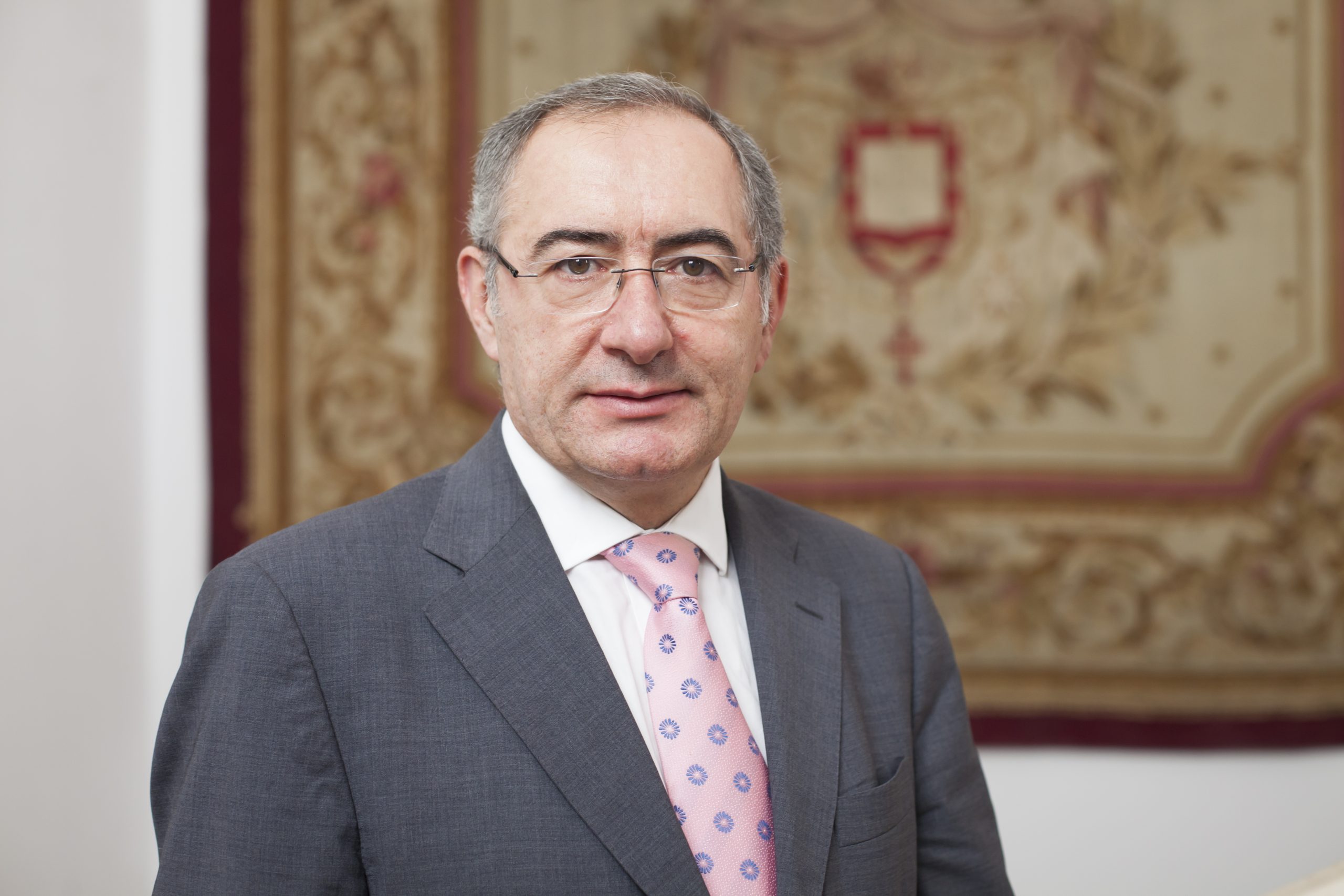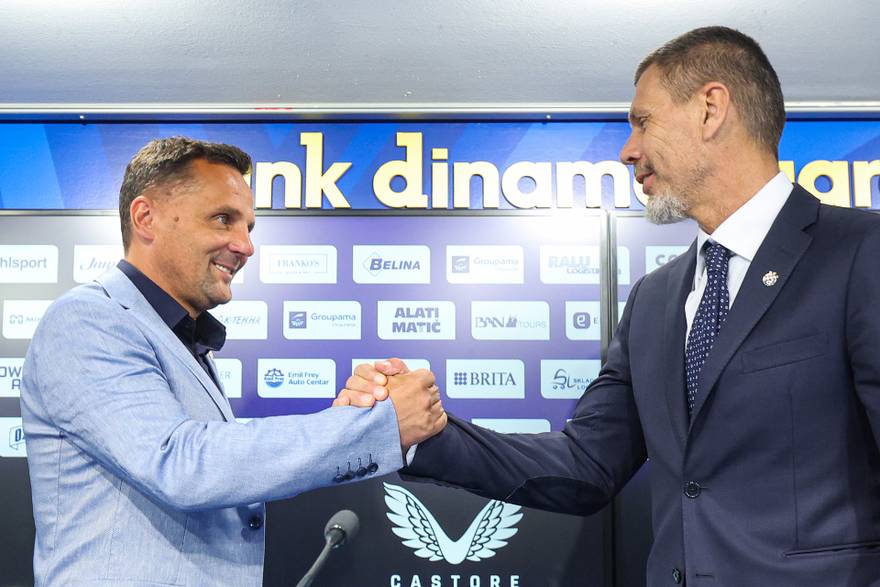Of the messages became light

Donald Trump National Security Counselor Michael Waltz gathered a journalist from The Atlantic to a restricted group about a possible US attack on the Huti (in Yemen) on a public communication platform (A Signal). In this group were also the vice president, Jd Vance, the Secretary of Defense, Pete Hegseth, and the director of the CIA, John Ratcliffe.
The first abnormality of the case is in creating a group on a public communication platform, therefore, uninformed, for such an important issue as war and peace. We all got used to using these platforms in our daily lives, trusting how much the safety of their encryption, but knowing the care inherent in privacy. When these people share these stories on a platform, it is if we are concerned.
The second abnormality is that these people have added a journalist to this group. It may even be that your name was close to someone who should be in the group, but lightness as the subject is managed is scary.
The third abnormality lies in the reaction of the visits. The magazine managed the subject with some care, in order not to harm the lives of the US military and the national interest of the country, something with the holders of the positions seemed to worry less than journalists. Hegseth’s first reaction was to say they were not ‘war plans’ but ‘attack plans’. Whenever a politician takes refuge only in an euphemism, he lost his argument. Russia has always called the war in Ukraine a ‘special military operation’, the rest of the world calls war and is what it is: a war.
The fourth abnormality leads us to the context in which we live, and to which we should get used to: the way the members of this administration look at the relationship with Europe. The vice president says he is unaffected by the attacks, as the Suez commercial route, which the huti attacks, is much more used by Europeans than by the Americans, so he feared the wrong message to Europeans (regarding the need for investment in defense). The Secretary of Defense then says that he agrees with the vice-president’s thesis and costs him to gap the Europeans again.
Since this new US administration took office last January, several messages have been sent to the European ‘allies. By the president himself, about the need for investment in defense, without which he says he does not want to ‘protect’ the other members of NATO. By the vice president, who came to the Munich conference to give lessons of democracy and the policy of defense to Europeans. For all, indirectly, in the negotiations on the conflict in Ukraine, in which the US, decided that war is no longer in its interest, abandoned the ally.
If the other messages were from the political sphere, now it is not much different, we only read without filter (as if in the other circumstances much filter there were), the confrontational thinking of the members of the Administration in their relationship with the Europeans. Which they say in private ones little differs from what they say in public: they believe that Europeans are in the US ride, as if the alliance did not remove advantages. Donald Trump sees almost everything as a zero sum game. The members of their administration as well.
Those who had doubts can put them aside. This is the ‘ally’ we have: one who doesn’t see us as an ally. And do we still see?








